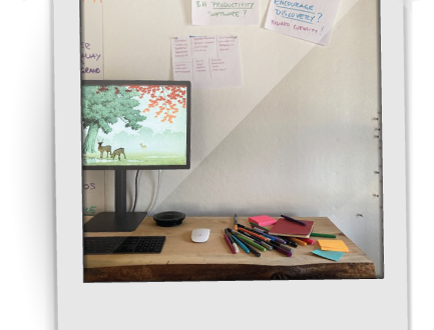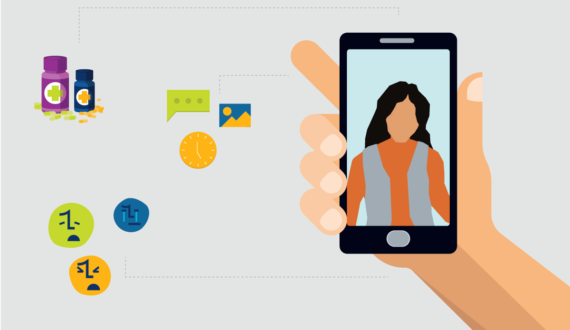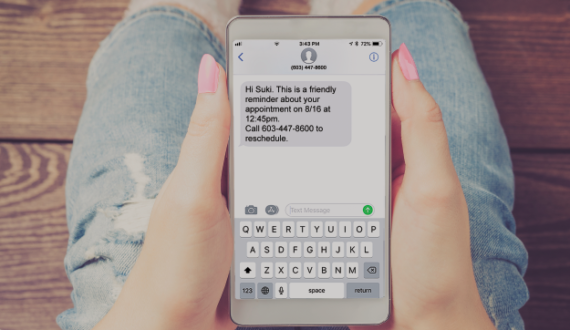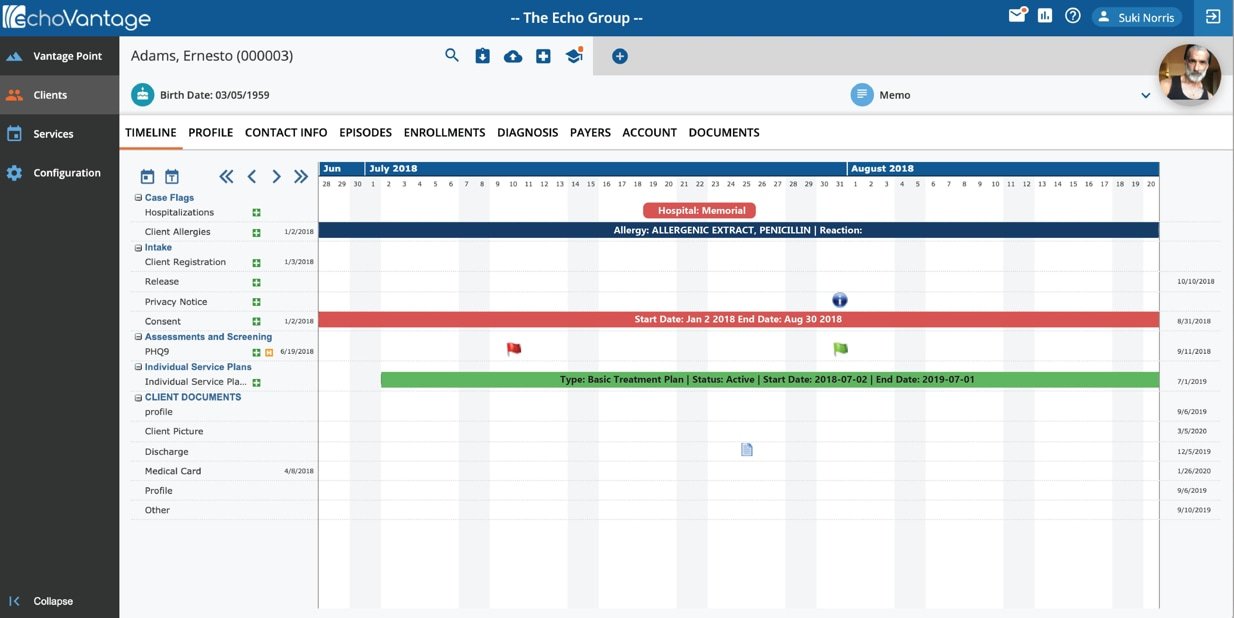Is TeleHealth the Future?
TeleHealth is a popular topic these days in behavioral health. When the pandemic hit, many clinicians were worried about not being able to continue meeting with their clients. They answered this challenge with TeleHealth. There was some doubt about TeleHealth; however, many providers have found multiple benefits. The big question is, will TeleHealth continue to be a solution when the pandemic is over?
Before the pandemic, TeleHealth was a controversial topic in the behavioral health world. Many providers did not feel comfortable with TeleHealth due to the obstacles involved, such as prescribing and dispensing prescriptions and government/private reimbursements. They also had concerns for the clients that did not have access to the internet or the clients’ technological comfort to use virtual platforms. This was a particular concern with the elderly population. However, recent events have proven providers need not have worried. Many caregivers and their clients, including their elderly clients, have shown a preference for remote sessions. It reduces time by not having to travel and allows both the provider and the client to maintain social distancing.
Providers can use TeleHealth through multiple web formats, including one on one meetings, group discussions, chat rooms, and audio calls. There are many advantages when behavioral health providers use telehealth with clients. One of them is the increased efficiency and flexibility it provides. With the use of TeleHealth, there are fewer no-shows, the meeting can move around as needed, clinician and client can meet on almost any device, and sessions can start anywhere with internet or phone service. Most clients decide to meet within the privacy and comfort of their own home. The comfort and privacy give the clinician a window into a client’s home life. For some clients, this also offers the option of avoiding the fear of the social stigma that they feel is attached to seeking behavioral health care. In addition, clinicians are not limited to a specific geographic area when using TeleHealth. A shortage of behavioral healthcare professionals is an obstacle that many clients face when seeking help. TeleHealth provides access to care for people that lack transportation, mobility, or live in a rural area.
With the increase of use in TeleHealth, many health professionals believe that the use of TeleHealth will be permanent. There are unanswered questions. Will licensure changes that allow flexibility in location become permanent? Will CMS and private insurers make temporary reimbursement models permanent? Providers are counting on the positive benefits outweighing the desire of some to return to the past. TeleHealth provides many possibilities in the mental health world. TeleHealth fills in the gaps that the current behavioral health has today and should be here to stay.



